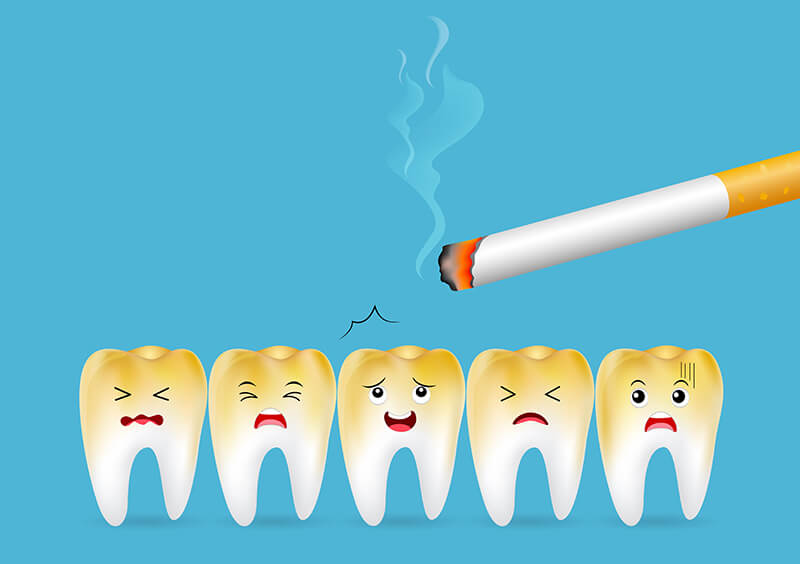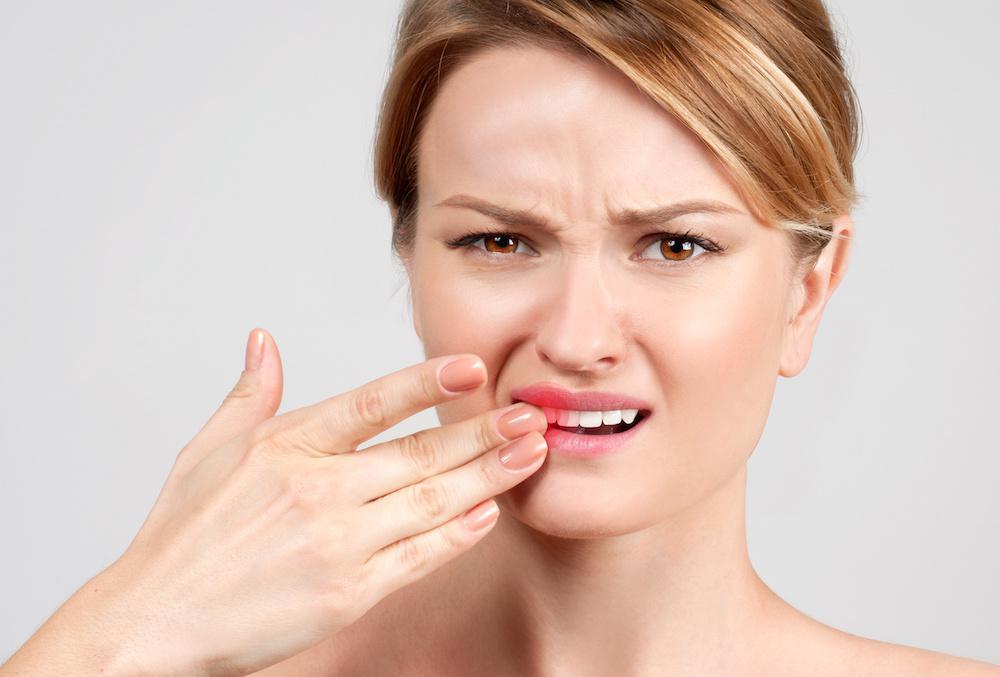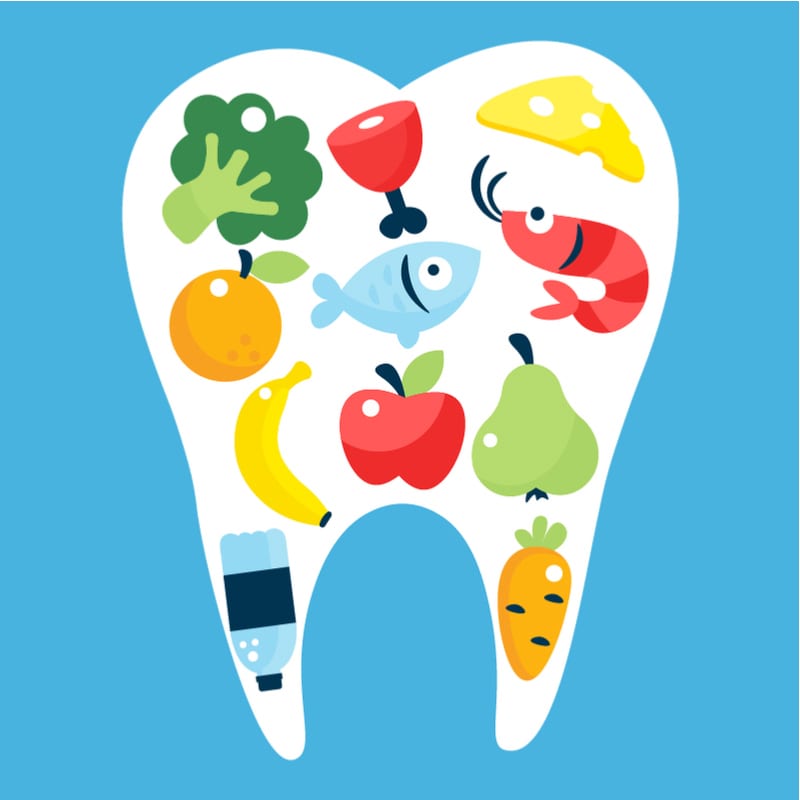Smoking is a habit that can have a profound impact on overall health, including dental health. Tobacco use has been linked to numerous oral health problems, ranging from bad breath and tooth discoloration to more serious conditions such as gum disease and oral cancer. In this article, we will explore the impact of smoking on dental health and the steps that smokers can take to improve their oral health.
The Effects of Smoking on Dental Health
1. Bad Breath
Smoking can cause bad breath, or halitosis, which can be a major turn-off in social situations. The chemicals in cigarette smoke can leave an unpleasant odor in the mouth that can linger for hours after smoking.
2. Tooth Discoloration
Smoking can cause tooth discoloration, which can be difficult to remove. The nicotine and tar in cigarette smoke can stain the teeth, resulting in a yellow or brownish appearance.
3. Gum Disease
Smoking is a major risk factor for gum disease, which is a serious condition that can cause tooth loss and other oral health problems. Smoking weakens the immune system, making it harder for the body to fight off infections in the gums. This can lead to inflammation, bleeding, and eventually, tooth loss.
4. Oral Cancer
Smoking is a major risk factor for oral cancer, which is a serious and potentially life-threatening condition. The chemicals in cigarette smoke can damage the cells in the mouth, increasing the risk of cancer.
5. Delayed
Smoking can also slow down the healing process, making it harder for the body to recover from oral health procedures such as tooth extractions or gum surgery.
Steps Smokers Can Take to Improve Oral Health
1. Quit Smoking
The most effective way to improve oral health for smokers is to quit smoking. While it can be difficult to quit, there are many resources available to help smokers quit, including nicotine replacement therapy, counseling, and support groups.
2. Practice Good Oral Hygiene
Practicing good oral hygiene is essential for maintaining healthy teeth and gums. This includes brushing twice a day with fluoride toothpaste, flossing daily, and visiting the dentist regularly for cleanings and checkups.
3. Use Nicotine Replacement Therapy
Nicotine replacement therapy can help to reduce cravings and make it easier to quit smoking. This can include nicotine gum, patches, lozenges, or inhalers.
4. Drink Plenty of Water
Drinking plenty of water can help to flush out the toxins in cigarette smoke and reduce the risk of gum disease and other oral health problems.
5. Avoid Sugary and Acidic Foods and Drinks
Sugary and acidic foods and drinks can increase the risk of tooth decay and other oral health problems. Smokers should avoid these types of foods and drinks and focus on a healthy, balanced diet.
Conclusion
Smoking can have a significant impact on dental health, causing bad breath, tooth discoloration, gum disease, oral cancer, and delayed healing. While it can be difficult to quit smoking, there are many resources available to help smokers quit and improve their oral health. Practicing good oral hygiene, using nicotine replacement therapy, drinking plenty of water, and avoiding sugary and acidic foods and drinks can all help to reduce the risk of oral health problems associated with smoking. If you are a smoker, it is important to talk to your dentist about the best ways to improve your oral health and quit smoking. With the right tools and support, it is possible to quit smoking and maintain healthy teeth and gums for years to come.











